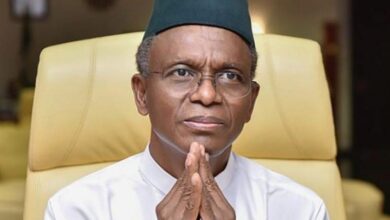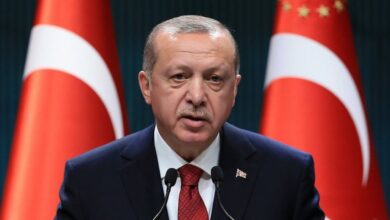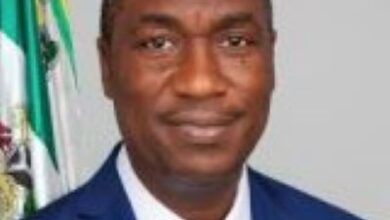BREAKING: DSS summons Dangote, NUPENG over agreement breach

Burkina Faso’s military government has announced the removal of visa fees for all African travellers, a move it says is aimed at deepening Pan-African solidarity and boosting regional integration.
The announcement was made by Security Minister Mahamadou Sana on Thursday, September 11, after a cabinet meeting presided over by junta leader Captain Ibrahim Traoré.
According to the minister, citizens of every African country will now be able to enter Burkina Faso without paying visa fees.
“From now on, any citizen from an African country wishing to go to Burkina Faso will not pay any amount to cover visa fees,” Sana said.
He explained that while visitors will still need to complete an online application process subject to approval, the financial barrier of visa charges has been lifted.
Part of a Broader Pan-African Push
Burkina Faso now joins a growing list of African nations such as Ghana, Rwanda, and Kenya that have relaxed travel restrictions to encourage free movement within the continent.
The African Union (AU) has long championed this vision under its Agenda 2063, which calls for an integrated, borderless Africa.
Although citizens of West African nations already enjoyed visa-free entry under ECOWAS protocols, the decision is particularly significant given Burkina Faso’s recent withdrawal from ECOWAS alongside Mali and Niger.
The three military-led states accuse the bloc of working in the interest of Western powers and have instead tilted toward new alliances, especially with Russia.
Traoré’s Pan-African Image
Captain Ibrahim Traoré, who took power in a 2022 coup, has positioned himself as a Pan-African revolutionary.
His speeches, social media presence, and fiery rhetoric against colonialism have won him admiration across the continent.
Supporters view him as a leader breaking away from Western dominance, while critics accuse him of authoritarianism, suppressing dissent, and failing to contain a worsening jihadist insurgency that has left nearly 40% of the country outside government control.
Symbolic Yet Strategic
The junta described the decision as a reflection of Burkina Faso’s “attachment to Pan-Africanist ideals.” It said the new policy would boost tourism, showcase Burkinabe culture, and enhance the country’s global visibility.
However, analysts caution that insecurity remains a major barrier. Islamist attacks continue almost daily in several provinces, forcing mass displacement and crippling economic activity.
While the visa waiver may ease entry, many believe lasting regional integration will require greater stability and peace.
With this policy, Burkina Faso sends a strong message: despite internal challenges, it is determined to lead the charge for a more connected and united Africa.
Post Views: 59





